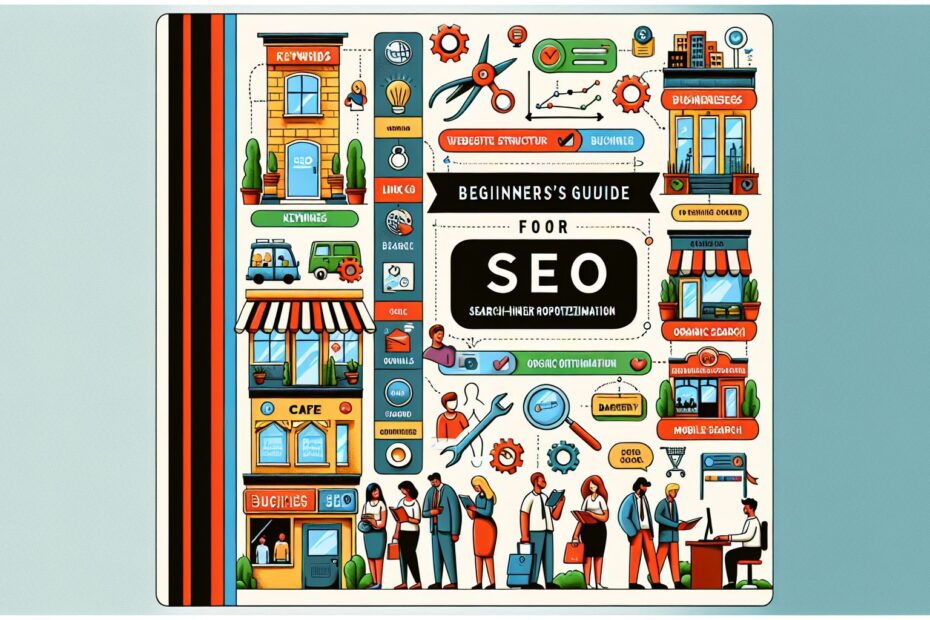If you’re a business owner, you’ve probably heard the term “SEO” thrown around a lot. Maybe you know it stands for Search Engine Optimization, but you’re not quite sure how it applies to your business.
Well, let me break it down for you in simple terms. SEO is the practice of increasing the quantity and quality of traffic to your website through organic search engine results. In other words, it’s all about making sure your website shows up higher in search engine results when potential customers are searching for your products or services.
Now, you might be thinking, “Why should I care about SEO?” The answer is simple: because it can have a huge impact on your business. Just think about how often you turn to Google when you’re looking for a product or service – your customers are doing the same thing. If your website isn’t showing up on the first page of search results, you’re missing out on valuable traffic and potential customers.
So, how can you improve your website’s SEO? Here are a few tips to get you started:
-
Keywords: Keywords are the words and phrases that people type into search engines. By including relevant keywords on your website, you can help search engines understand what your website is about and rank it accordingly. Do some research to identify the keywords that are most relevant to your business and make sure to include them in your website’s content.
-
Content: In addition to keywords, high-quality content is also crucial for SEO. Search engines love fresh, relevant content, so make sure to regularly update your website with blog posts, articles, or other content that is valuable to your audience. This will not only help improve your search engine rankings but also keep your customers engaged.
-
Meta tags: Meta tags are snippets of text that describe a page’s content. Make sure to include relevant meta titles and descriptions on each page of your website. This will not only help with SEO but also improve the click-through rate from search engine results.
-
Mobile optimization: With more and more people using smartphones to search the web, it’s essential to have a mobile-friendly website. Google now considers mobile-friendliness as a ranking factor, so make sure your website is responsive and easy to navigate on mobile devices.
-
Backlinks: Backlinks are links from other websites that point to your website. They are a crucial factor in SEO, as they show search engines that your website is credible and authoritative. Reach out to other websites in your industry and ask for backlinks, or create high-quality content that other websites will want to link to.
-
Technical SEO: In addition to the above tactics, technical SEO is also important. This includes optimizing your website’s speed, fixing broken links, and improving your website’s overall user experience. Consider hiring an SEO expert to help with these technical aspects if you’re not familiar with them.
By implementing these SEO strategies, you can help improve your website’s visibility in search engine results and attract more traffic to your business. Remember, SEO is a long-term game, so be patient and consistent with your efforts. With time and dedication, you’ll start to see the benefits of a well-optimized website.
